Midway Atoll Expecting Japan Tsunami Debris Soon
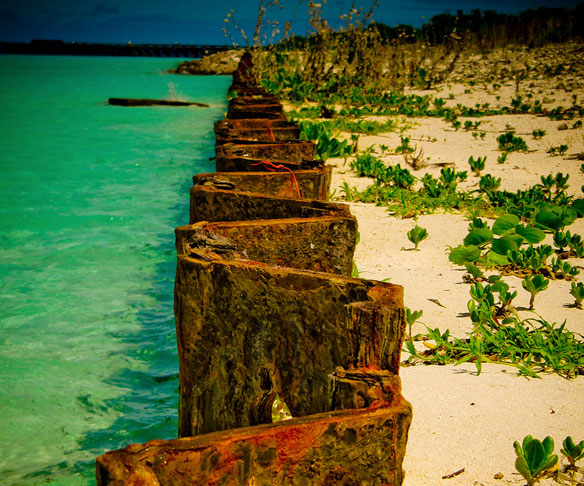
Japanese debris swept into the ocean by last year’s massive earthquake-caused tsunami is still likely a year away from washing up in Hawaii, but people at Midway are expecting some soon. Scientists have deployed hundreds of high-tech devices to help monitor the path of the debris, which could be hazardous to ships, marine life and coastlines.
Oil versus fish in idyllic Norwegian islands

The question of whether Norway should allow prospecting in the waters around Lofoten’s 1,000 or so islands, has pitted environmentalists and some fishermen against the country’s mighty energy sector.
Ocean Acidification Rate May Be Unprecedented
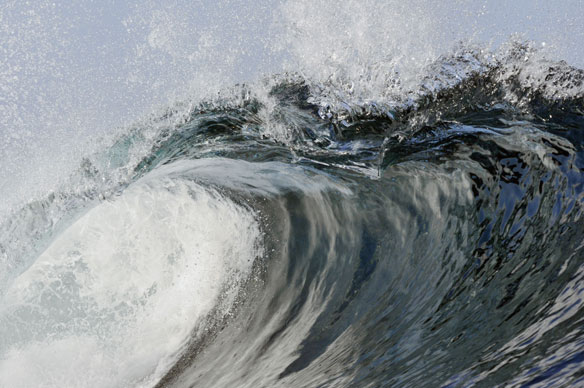
The world’s oceans may be turning acidic faster today from human carbon emissions than they did during four major extinctions in the last 300 million years, when natural pulses of carbon sent global temperatures soaring…
World Bank Urges Global Action to Save Oceans

The World Bank on Friday said the world’s oceans were at risk and called for a coalition of governments, NGOs and other groups to protect them, aiming to raise $1.5 billion in five years.
First French Seaside Resort to Have Smoke-Free Beach
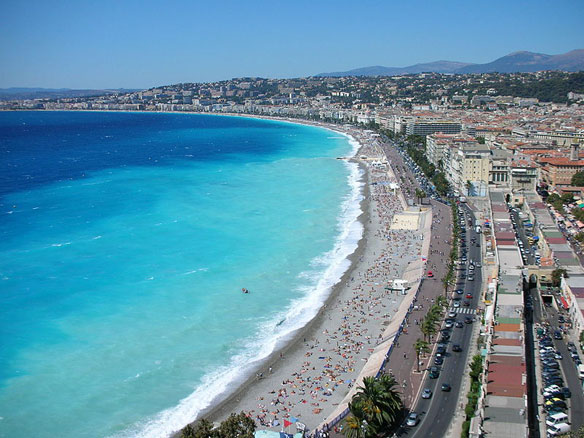
Nice has become the first French seaside resort to introduce a tobacco-free beach. The Centenaire beach, a central beach off the Promenade des Anglais, which already acts as the city’s wheel-chair friendly beach, is to be labeled “plage sans tabac.”
New Study Confirms Low Levels of Fallout from Fukushima

Fallout from the 2011 Fukushima Dai-ichi nuclear power facility in Japan was measured in minimal amounts in precipitation in the United States in about 20 percent of 167 sites sampled in a nationwide study released today. A USGS study.
Japan Clears up Only 5% of Tsunami Rubble
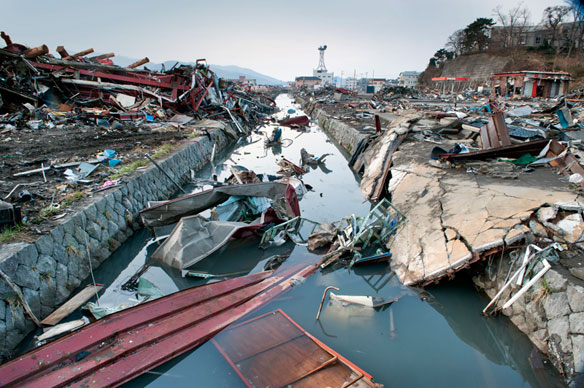
Japan has cleared up just five percent of the rubble left by last year’s earthquake and tsunami, amid fears it has been contaminated following the Fukushima nuclear accident. The disasters which devastated the northeastern coastal communities last year, left almost 23 million tonnes of rubble in the hardest-hit prefectures of Iwate, Miyagi and Fukushima alone.
Protecting oceans: It’s not Rocket Science
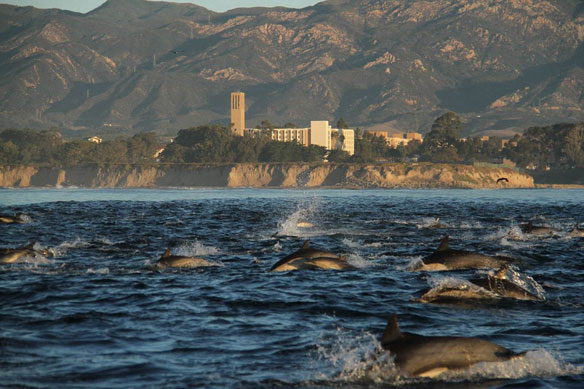
It’s not rocket science: closing areas of land and water to humans allows nature to recover and restore its fragile balance. The idea has been successfully tried and tested many times on land but it has taken years of destruction before the message has hit home for the oceans.
Tracking Toxic Chemicals in Oil Spills
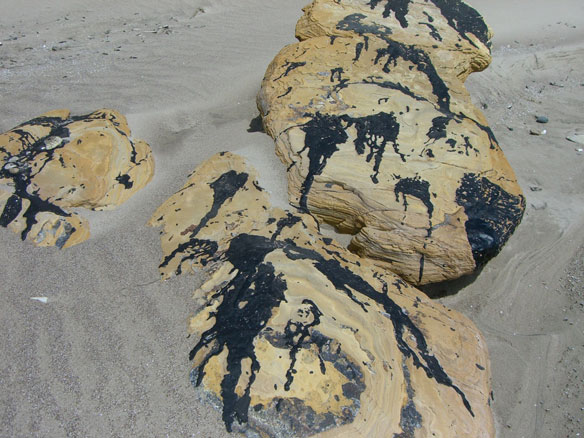
Does out of sight mean into the air or into fish? A study.
